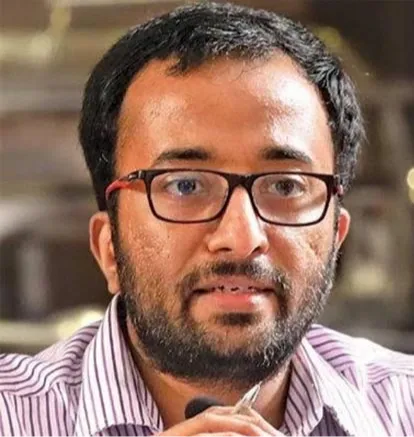The Right to Health legislation passed by the Rajasthan assembly has sparked public interest and stirred protests among private medical practitioners. Rajasthan is the first state in India to
make such a law. The government of Rajasthan worked with researchers and activists to draft the Bill, which went through many rounds of revisions.
Resistance To Change
As soon as
the Bill got passed, professional organisations have started vehement protests, terming it as a draconian law and crippling medical services across the state. Surprisingly, at the same time, civil society representatives seem to think that the law is a watered down version of what they had originally proposed.
The private hospitals and the government of Rajasthan have a history of disagreements. Rajasthan’s recent efforts towards “Health For All” through its flagship health insurance scheme have seen instances where the private sector hospitals denied services to patients despite being part of the insurance scheme, which admittedly led the government to consider a right to health law.
In order to understand the polarised debate around the Act, it is necessary to see what it offers. The Act states that every resident of Rajasthan will avail free OPD services, IPD services consultation, drugs, diagnostics, emergency transport, procedures, and emergency care at government hospitals based on their level of healthcare.
The Act also makes emergency treatment and care – free at the point of care – even in private institutions. It states that the private hospital will be entitled to receive requisite fee and charges or proper reimbursement from the government of Rajasthan, if the patient is unable to pay.
Dread Of Medical Expenditure
The law comes at a time when the COVID-19 pandemic served as a wake-up call to people across income categories, revealing the harsh reality of being unable to access healthcare during times of dire need. The pandemic has left many individuals and families in a state of shock and helplessness that may take years to overcome. Even during “normal” times, this is not a new issue in India, as many people live with the constant fear of facing a medical emergency that could lead to financial difficulties.
Many households, even those belonging to the Indian middle class, are said to be just one medical emergency away from possible bankruptcy. Quality healthcare for many serious diseases remains a luxury good in India, affordable only to the rich, and those who have sufficient insurance cover.
Profiteering in healthcare is a regular feature in the private sector that remains largely unregulated in India. The high capitation fees charged for medical seats across private medical colleges indicates the money that can be made in the medical profession.
Everyone Deserves Healthcare
Modern societies strive towards delinking access to healthcare and ability to pay. The ability to afford healthcare should not be a barrier preventing individuals from accessing necessary medical care. The notion that healthcare is a commodity that can be bought and sold on the market is not only morally problematic but also perpetuates systemic inequalities.
By delinking the two, we can ensure that all individuals have equal access to essential medical services, regardless of their income or financial status. This not only improves public health outcomes but also helps to create a more equitable society where everyone has a fair chance to lead a healthy and fulfilling life. Chances of a family’s social mobility are often undermined by medical emergencies, particularly in societies where medical care remains expensive.
In this context of great socio-economic uncertainties, even if it is only emergency care, a Right To Health legislation will mean considerable financial implications. When the government spending on health has not improved dramatically, it is natural for the private sector to fear that the government may be trying to win electoral dividends while arm-twisting the private sector to underwrite the bills.
Address Private Sector’s Concerns
Without a strong foundation of adequate financing and effective regulation, the proposed payment/reimbursement arrangement with the private sector may have its challenges. However, most of the concerns raised by the protesting doctors and their organisations are about working details of the Act that are not yet drafted, and not against any existing provisions of the Act per se. These remain imaginary worries.
It is very clear in the text of the Act that operational details will be worked out in the Rules of the Act which will be drafted and finalised later, and definitions of terms like “emergency care” in the Rajasthan context will be worked out by the proposed State Health Authority, which will have members from professional organisations like IMA as well.
A Right to Health law is a major step towards
universal healthcare, if backed by adequate finances, stakeholder consultations, and fair reimbursement and pay to the private sector. At the same time, the private sector response seems driven more by the possibility of a ripple effect, with other states also considering such laws.
This commentary originally appeared in Moneycontrol.
The views expressed above belong to the author(s). ORF research and analyses now available on Telegram! Click here to access our curated content — blogs, longforms and interviews.

